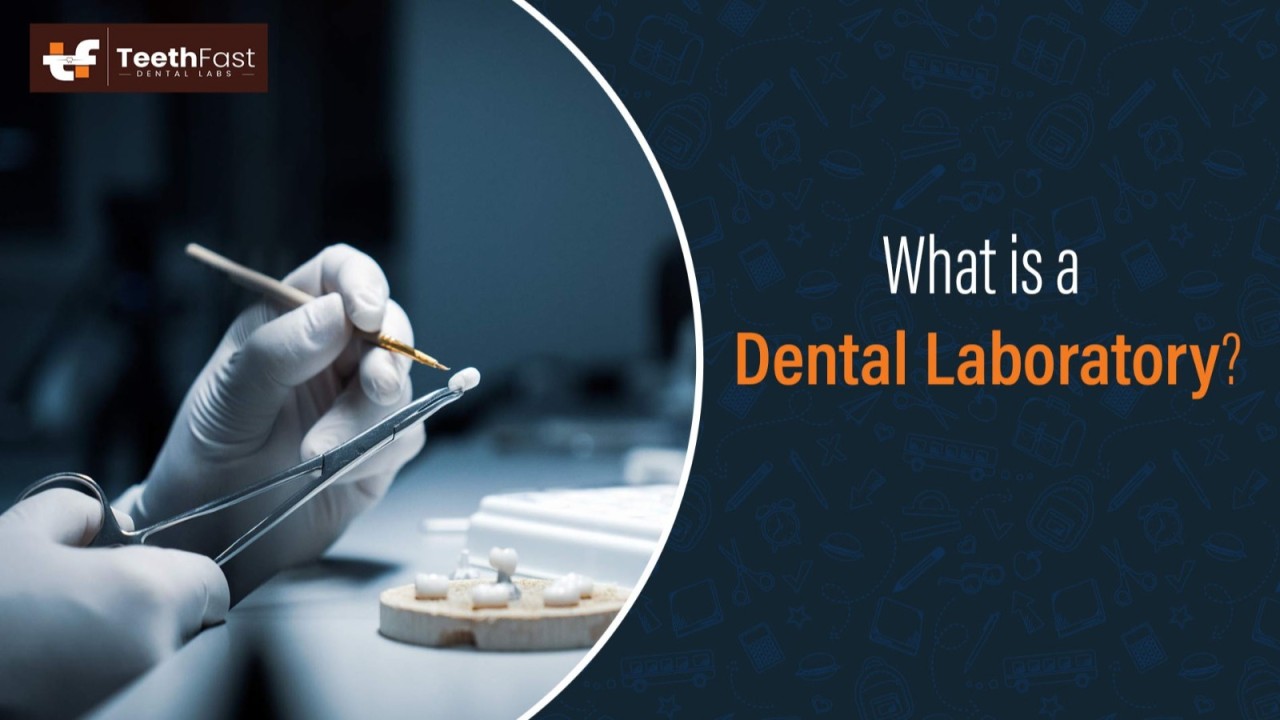Dental laboratories play a crucial role in modern dentistry, serving as the bridge between dental practitioners and patients. They are essential in creating the custom dental appliances and restorations that are key to oral health and aesthetics. But what exactly is a dental laboratory, and how does it work? In this comprehensive guide, we’ll explore everything you need to know about dental laboratories, from their functions and processes to their impact on dental care.
What is a Dental Laboratory?
A dental laboratory is a specialized facility where dental technicians and other professionals craft custom dental devices based on the specifications provided by dentists. These devices include crowns, bridges, dentures, implants, and orthodontic appliances, among others. The primary goal of a dental laboratory is to produce high-quality, precision-crafted dental products that meet the specific needs of each patient.
The Role of Dental Laboratories
Dental laboratories have several key roles within the dental care continuum:
1. Custom Fabrication
-Crowns and Bridges: Dental technicians create crowns (caps) and bridges to restore damaged or missing teeth. These restorations are crafted from materials like porcelain, metal, or a combination of both.
-Dentures: Full or partial dentures are made to replace missing teeth. These are crafted to fit the patient's mouth and provide a natural appearance.
-Orthodontic Appliances: Braces, retainers, and other orthodontic devices are custom-made to correct alignment issues.
2. Technical Expertise
-Material Selection: Dental laboratories use various materials such as ceramics, metals, and composites, choosing the best one based on the required functionality and aesthetics.
-Precision Crafting: Technicians employ advanced technology and techniques to ensure that each device fits precisely and functions optimally.
3. Collaboration with Dentists
-Diagnostic Models: Labs create diagnostic models from impressions provided by dentists. These models help in planning treatment and assessing how dental devices will fit.
-Adjustments and Repairs: Dental laboratories also handle adjustments and repairs for existing dental devices, ensuring they remain functional and comfortable.
The Dental Laboratory Process
The process of creating dental appliances in a laboratory involves several steps:
1. Receiving the Prescription
-Dentist’s Prescription: The process begins when a dentist sends a prescription to the laboratory, which includes detailed instructions, impressions, or digital scans of the patient’s teeth.
2. Creating Diagnostic Models
-Impressions and Scans: The lab uses these impressions or digital scans to create a model of the patient’s mouth, which serves as a basis for crafting the dental appliance.
3. Fabrication of the Appliance
-Wax Models: For some devices, a wax model is first created to simulate the final product. This model helps in fine-tuning the design before the final product is made.
-Casting and Milling: Materials are cast or milled according to the model’s specifications. Techniques vary depending on the type of device being made.
4. Fitting and Adjustments
-Trial and Error: Sometimes, multiple adjustments are necessary to ensure that the appliance fits perfectly. Technicians might make several iterations before arriving at the final product.
-Final Testing: The finished product is tested to ensure it meets the required standards of fit, function, and aesthetics.
5. Delivery to the Dentist
- Quality Check: Before sending the appliance to the dentist, it undergoes a final quality check to ensure it meets all specifications and standards.
-Delivery: The finished product is then sent back to the dentist, who will fit it into the patient’s mouth and make any necessary final adjustments.
Technology in Dental Laboratories
Modern dental laboratories employ a range of advanced technologies to enhance precision and efficiency:
1. Digital Impressions and CAD/CAM Systems
-Digital Scanning: Instead of traditional impressions, digital scanners capture detailed images of the patient’s teeth, leading to more accurate models.
-Computer-Aided Design/Computer-Aided Manufacturing (CAD/CAM): CAD/CAM systems allow for the design and manufacturing of dental appliances using computer technology, increasing precision and reducing production time.
2. 3D Printing
-Additive Manufacturing: 3D printing technology is used to create highly detailed and customized dental appliances. This technology allows for rapid prototyping and production of complex designs.
3. Advanced Materials
-High-Tech Materials: Laboratories use advanced materials like zirconia and lithium disilicate, which offer superior strength and aesthetics compared to traditional materials.
The Importance of Dental Laboratories
Dental laboratories are vital for several reasons:
1. Enhanced Patient Care
- Customization: Each device is tailored to the individual’s needs, leading to better outcomes in terms of function and comfort.
-Precision: High-quality, precisely crafted dental appliances contribute to more effective treatment and improved oral health.
2. Support for Dental Professionals
- Collaboration: Laboratories support dentists by providing the necessary components for restorative and cosmetic procedures, allowing them to focus on patient care.
-Expertise: Dental technicians bring specialized skills and knowledge that complement the work of dentists.
3. Advancements in Dentistry
-Innovation: The continuous development of new materials and technologies in dental laboratories drives advancements in the field, leading to better treatments and outcomes for patients.
Conclusion
Dental laboratories are the unsung heroes of modern dentistry, working behind the scenes to create the custom dental appliances that are crucial for effective treatment. Their role involves a blend of technical expertise, advanced technology, and close collaboration with dental professionals. As technology continues to evolve, dental laboratories will remain at the forefront of innovation, contributing to better dental care and improved patient outcomes.
Understanding the intricate process and the significant role of dental laboratories highlights their importance in the broader dental care landscape. Whether you’re a patient, a dentist, or simply interested in the field, recognizing the contributions of dental laboratories helps appreciate the comprehensive care involved in maintaining oral health.






